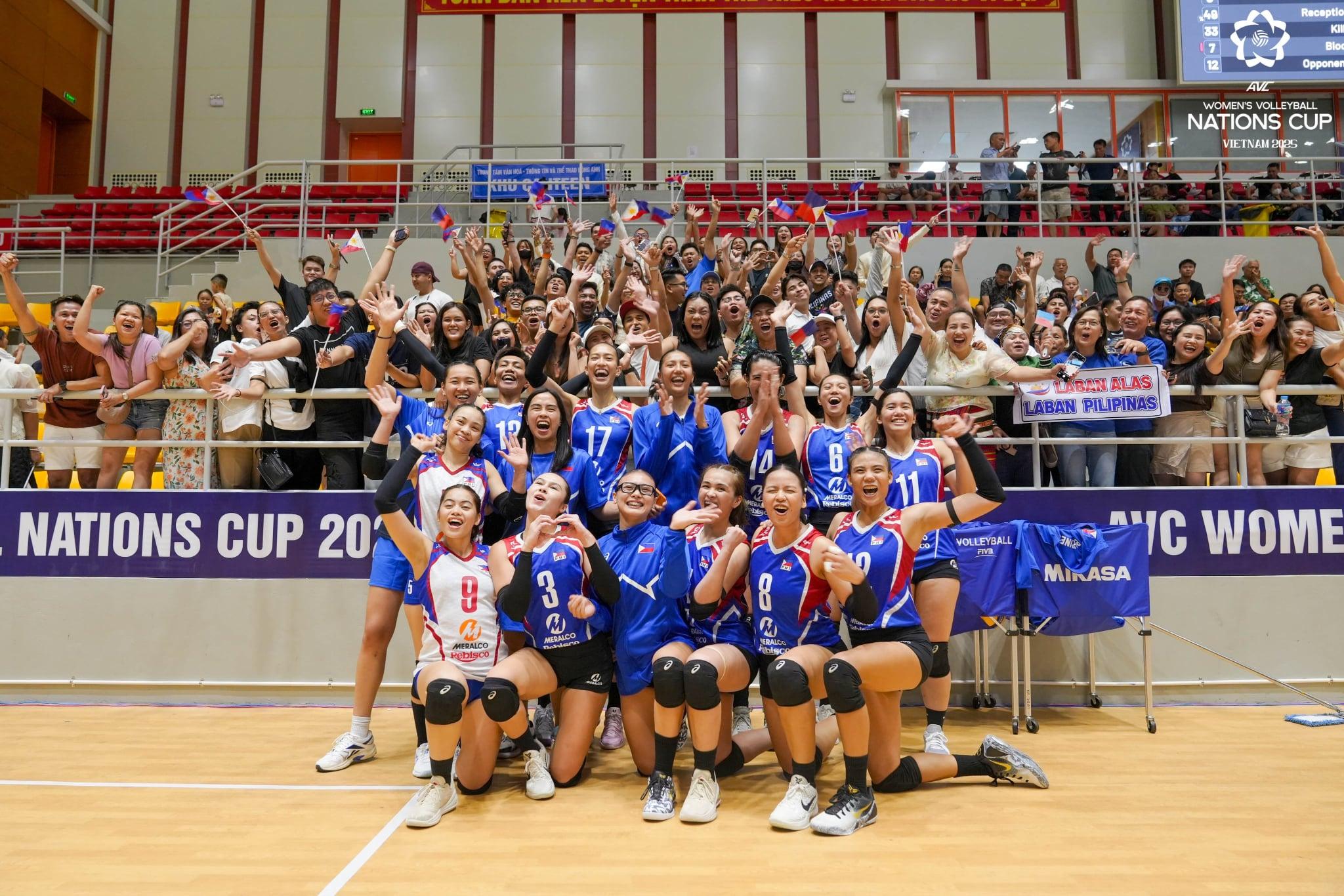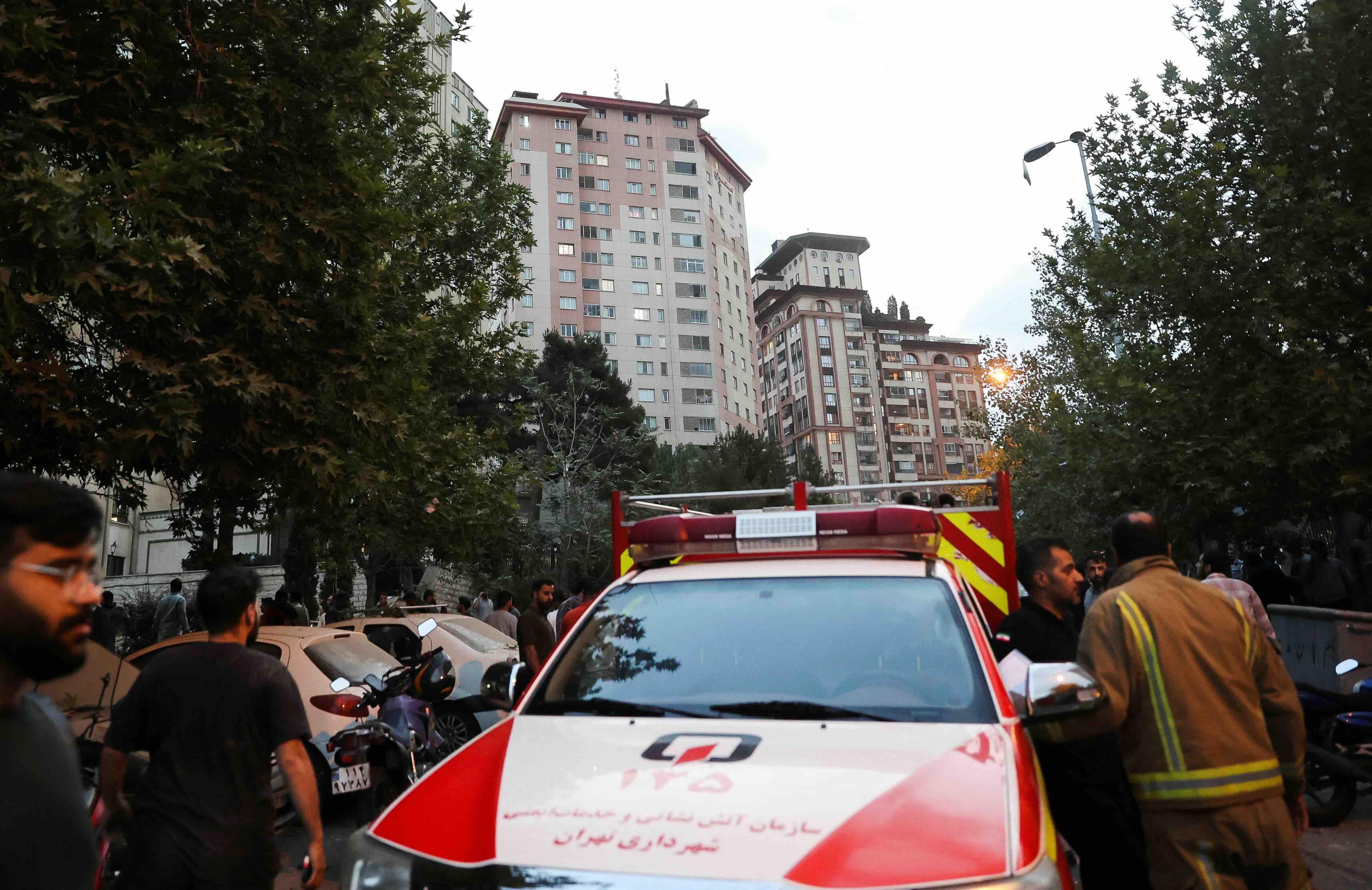Women suffer more than men during disasters, forum speakers report
Women are more likely to die in natural or man-made disasters than men. If women do survive, they suffer humiliation and harassment in evacuation camps due to their gender. In her home country of Bangladesh, many women died during a flood in 2001 because their traditional long dress and burka hindered their movements and prevented them from escaping the rising waters, according to Jean D’ Cunha, regional program director of the United Nations Fund for Women based in Thailand. Bangladeshi women also find it hard to climb walls, trees, and roofs because they are culturally forbidden to do these “manly" activities in their daily lives, D’ Cunha said. Survivors who are sent to evacuation camps are sexually harassed due to lack of privacy and separate toilets for women, she added. D’Cunha and other resource persons reported these cases in separate sessions about gender, climate change, and disaster issues during the three-day Asia-Pacific NGO Forum on Beijing +15 at Miriam College in Quezon City that ended last Saturday. Humaira Mumtaz Shaikh of the non-government organization Hum Pakistani reported about the displacement created by Taliban atrocities in Pakistan, saying gender-specific needs of women are overlooked by people who manage the camps. One oversight she mentioned was that “no one thought of sanitary napkins in the relief efforts in the camps." Regina Yuching Lin of the Garden of Hope Foundation in Taiwan, a country that experiences more than 100 earthquakes and 10 typhoons every year, said there is a need to “smash the myth" that women are not particularly vulnerable than other groups during disasters. She also said it is not true that gender does not matter during disaster relief delivery and the rebuilding process, and that unlike ethnicity or local politics, gender does not have to be taken into account during the decision-making process. Some 1,000 women leaders from Asia and the Pacific attended the forum, which looks back on the landmark Beijing Conference in 1995 that paved the way for global action on women’s concerns. The forum was organized by Southeast Asia Women’s Watch in preparation for the global NGO Forum in February next year in New York, prior to the 54th session of the UN Commission on the Status of Women. Gender data needed According to Country Director Lilian Mercado of the aid group Oxfam-Philippines, six out of the 10 member states of the Association of Southeast Asian Nations have counted almost 350,000 fatalities and missing persons from disasters over the last five years. “How many of the affected are women?" she asked. “No one is asking about the situation of women." Mercado said women survivors of disasters have expressed concern about child safety, distribution practices that could ‘exclude’ or add burdens on them, lack of efforts to address the specific needs of pregnant and lactating mothers, threat of forced relocation, and the breakdown of community protection mechanisms such as the village council for the protection of children in certain areas. She said some strategies that can be used to resolve the problems of women in disaster situations include the collection of gender-disaggregated data, using gender analysis in designing relief efforts, and protecting beneficiaries from sexual exploitation. Mercado urged policy makers to consider gender issues in risk reduction studies, promote the rights of women against coercion and deprivation, and create linkages between humanitarian agencies and women’s groups so they can function more effectively at the local and international levels. – GMANews.TV





_2025_06_13_22_39_17.jpg)



